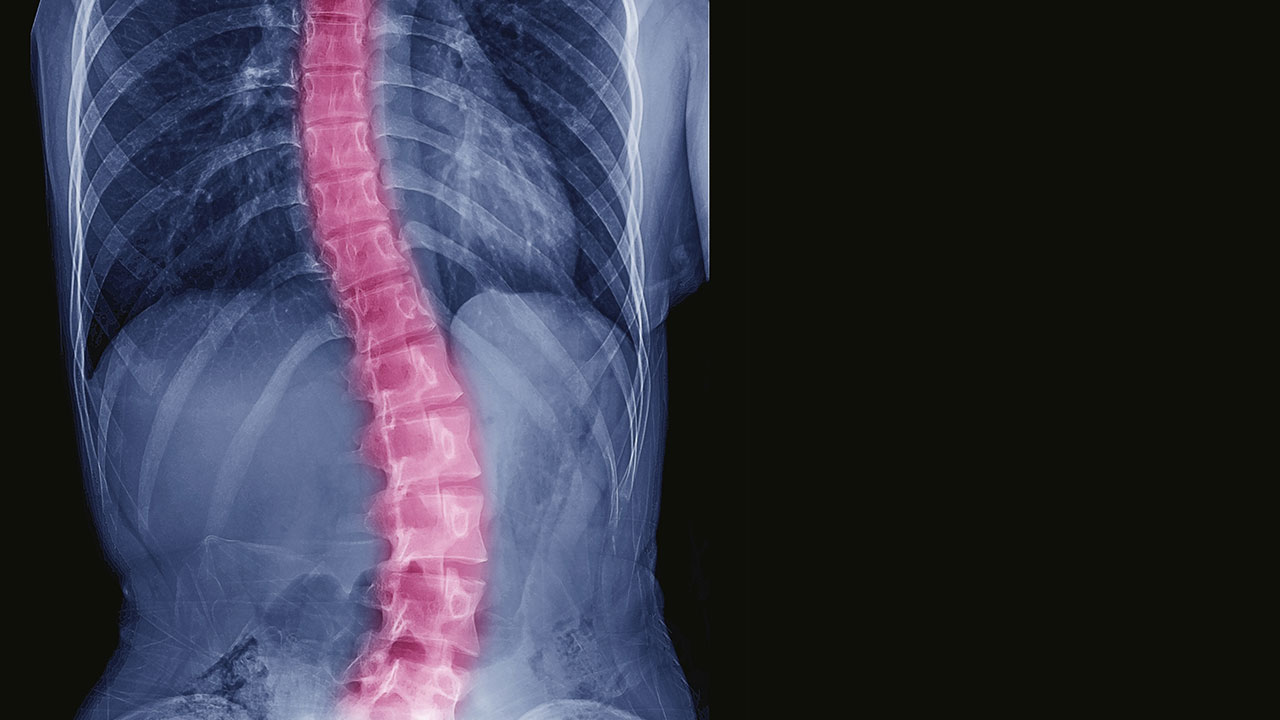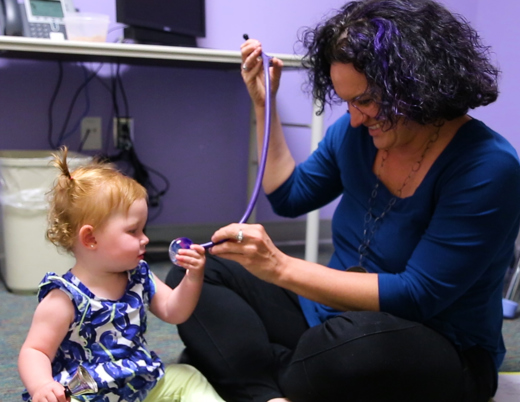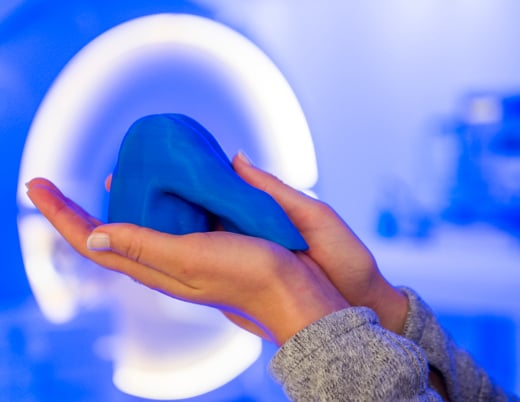Key takeaways
-
Adolescent idiopathic scoliosis (AIS) risk may be influenced by specific single nucleotide polymorphisms which could help inform genetic testing, however the exact underlying cause of AIS isn’t fully understood.
-
This systematic review of recent literature on genome-wide studies directed to determining genetic variants of AIS identifies knowledge gaps and areas in high need of future research.
-
Future research would greatly benefit from additional large cohort studies and improved diversity in study cohort participants as most ethnic groups have been underrepresented in AIS genetics research thus far.
Research study background
Adolescent idiopathic scoliosis (AIS) impacts 2% to 3% of healthy 10 to 18-year-olds and is responsible for more than $3 billion in annual public health costs. Despite its prevalence and high genetic heritability, it’s not clear which children are at risk for AIS, and among those diagnosed, who are more likely to have significant curve progression. While several genetic variants potentially associated with a predisposition to AIS have been identified, the exact mechanism underlying its pathology is not understood and clinical translation of these variants has not advanced.
This systematic review of 33 recent genetic variant studies, identified from 500 initially screened studies, was led by Nancy-Hadley Miller, MD, an orthopedic surgeon in the Orthopedics Institute at Children’s Hospital Colorado and director of the Miller Scoliosis Lab at the University of Colorado School of Medicine. The review aimed to inform future research by providing a comprehensive overview of literature on the genetics of AIS, determining the quality of current literature, identifying knowledge gaps and areas in high need of future investigation.
Nine genome-wide association studies, four whole genome sequencing studies and 20 validation studies were included in the review, as well as results from six meta-analyses with novel cohorts. Among the incorporated data from more than 35,000 cases and more than 67,000 controls, the majority of study populations were of East Asian (Japan, China) descent with Caucasian populations as second. This demonstrates a significant knowledge gap in AIS genetic research due to limited diversity in sample cohorts, as single nucleotide polymorphisms (SNP) linked to AIS may vary across different racial and ethnic groups.
Across all studies, the greatest number of reported associations with AIS were in SNPs in or near LBX1 or LBX1-AS1, GPR126/ADGRG6 or BNC2 genes, which may help inform clinical genetic risk panels. While the review found the overall study quality was high, especially for whole exome sequencing (WES) studies and genome-wide association studies (GWAS), control group selection and phenotyping were an identified area in need of improvement.
Relevance to future research
Study authors identified several factors that may help ensure quality results from future GWAS, WES and targeted genetic studies and noted the importance of including a defined phenotype, careful cohort selection, common genotyping platform and a proven analytical pipeline. Additional recommendations for future investigation included exercising discretion when using control databanks, appointing a qualified physician to evaluate all participants by either physical assessment or radiographic examination, improving cohort diversity, thoroughly evaluating control cohort groups, and combining analysis of studies using similar methodologies.
Featured researcher

Nancy Hadley-Miller, MD
Orthopedic Surgery
Children’s Hospital Colorado
Professor
Orthopedics
University of Colorado School of Medicine





 720-777-0123
720-777-0123










